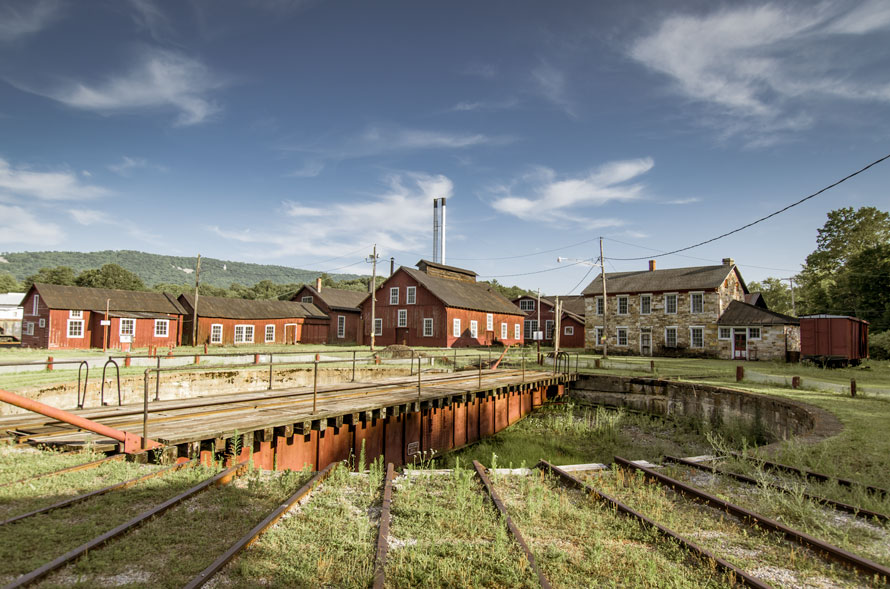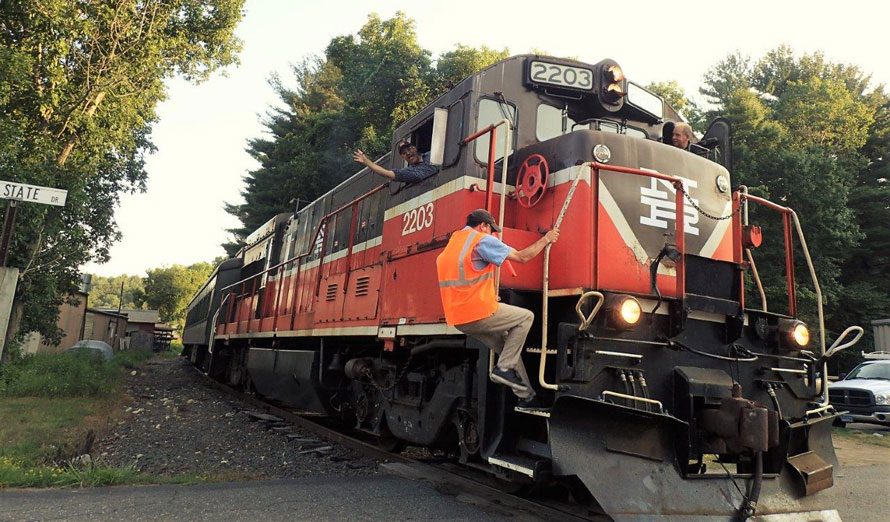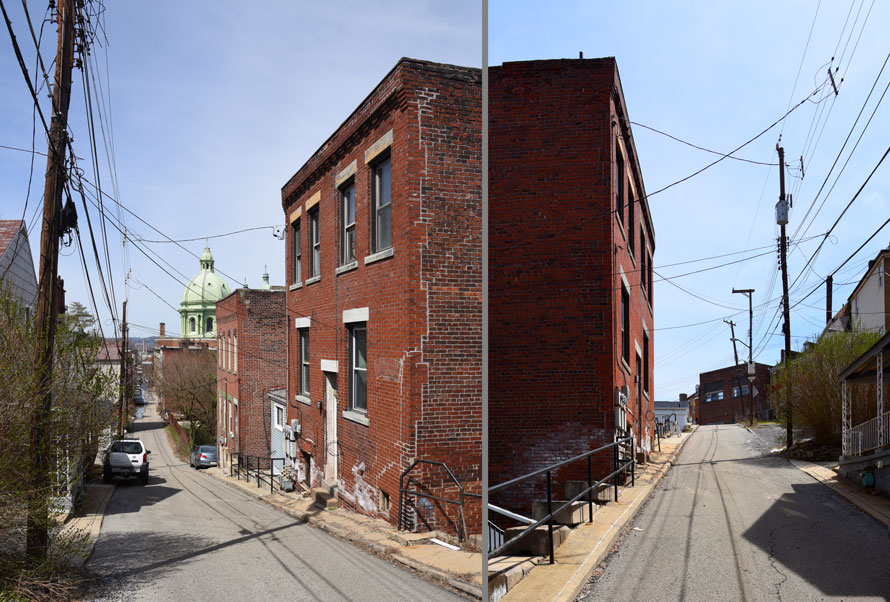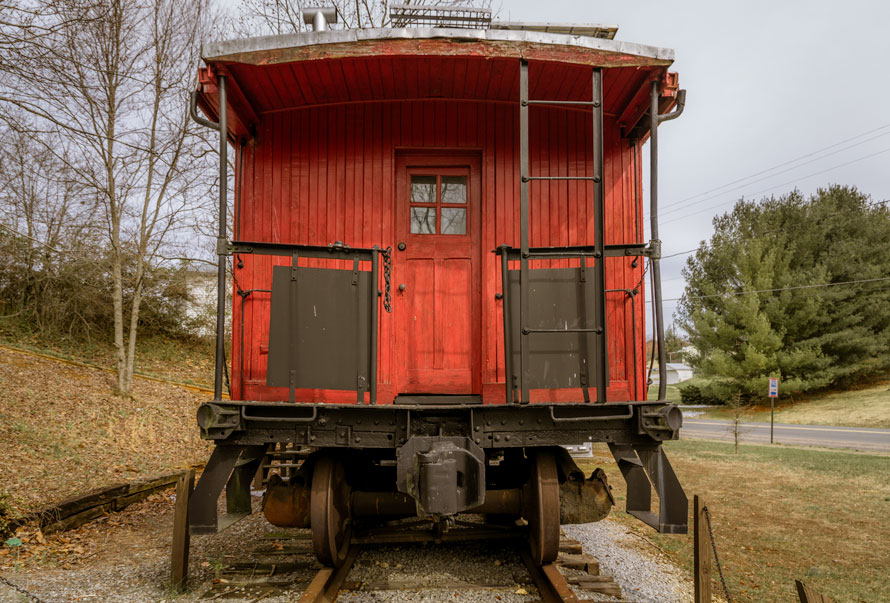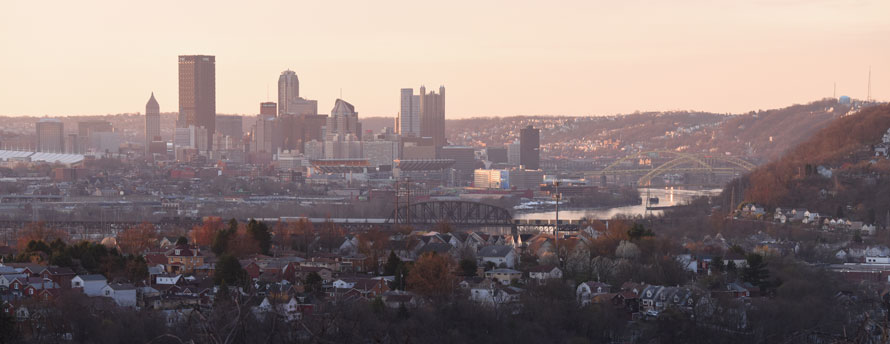Staying connected to trains helps me stay connected to my father and the good times we shared around the tracks.
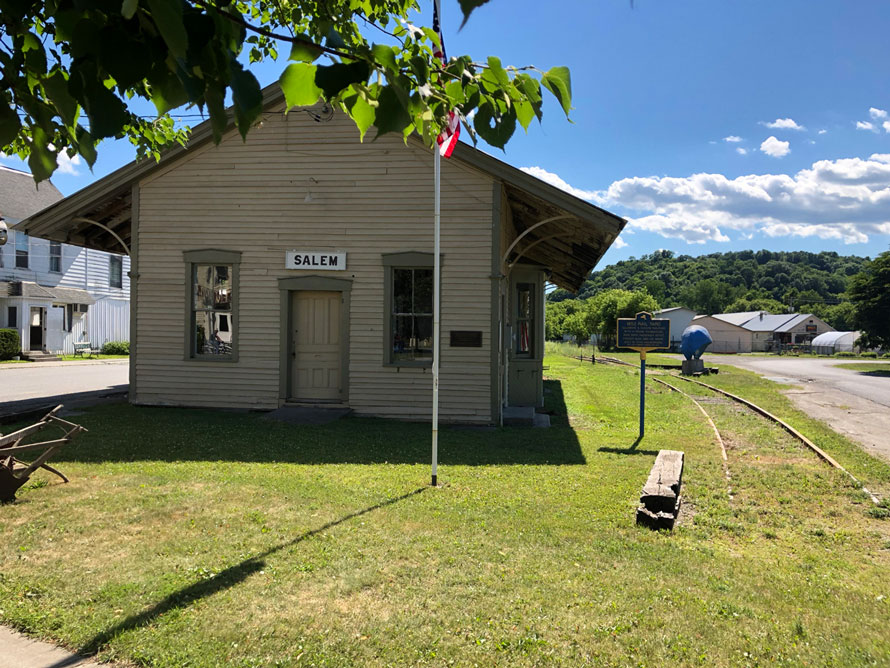
Salem, New York, has always been a special place for me, and the former Delaware & Hudson Washington Branch that ran through here played a big role in that.
Railroading was a major industry in the town going back to the mid 1800s. A roundhouse and large repair facility were once located off to the right of the tracks near the white buildings. Now an historical marker tells part of the story of this sleepy spot where the old depot sits. Jim Shaughnessy goes into fascinating detail in his book Delaware and Hudson, which I recommend highly. Read more
